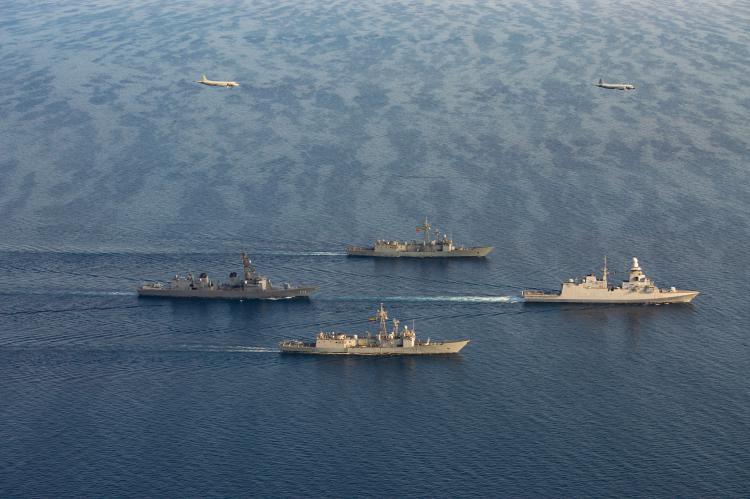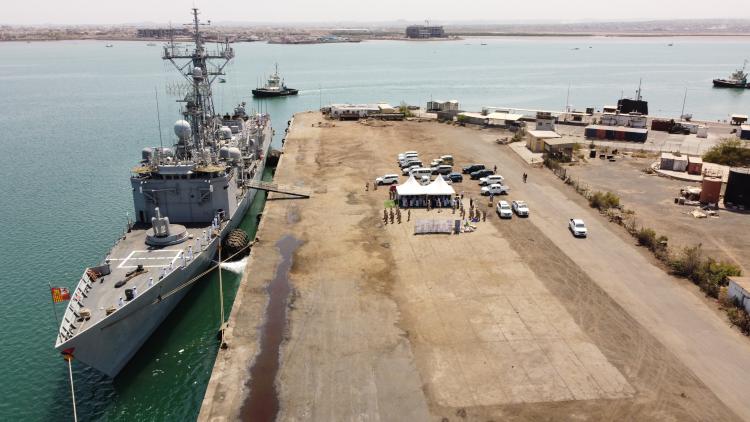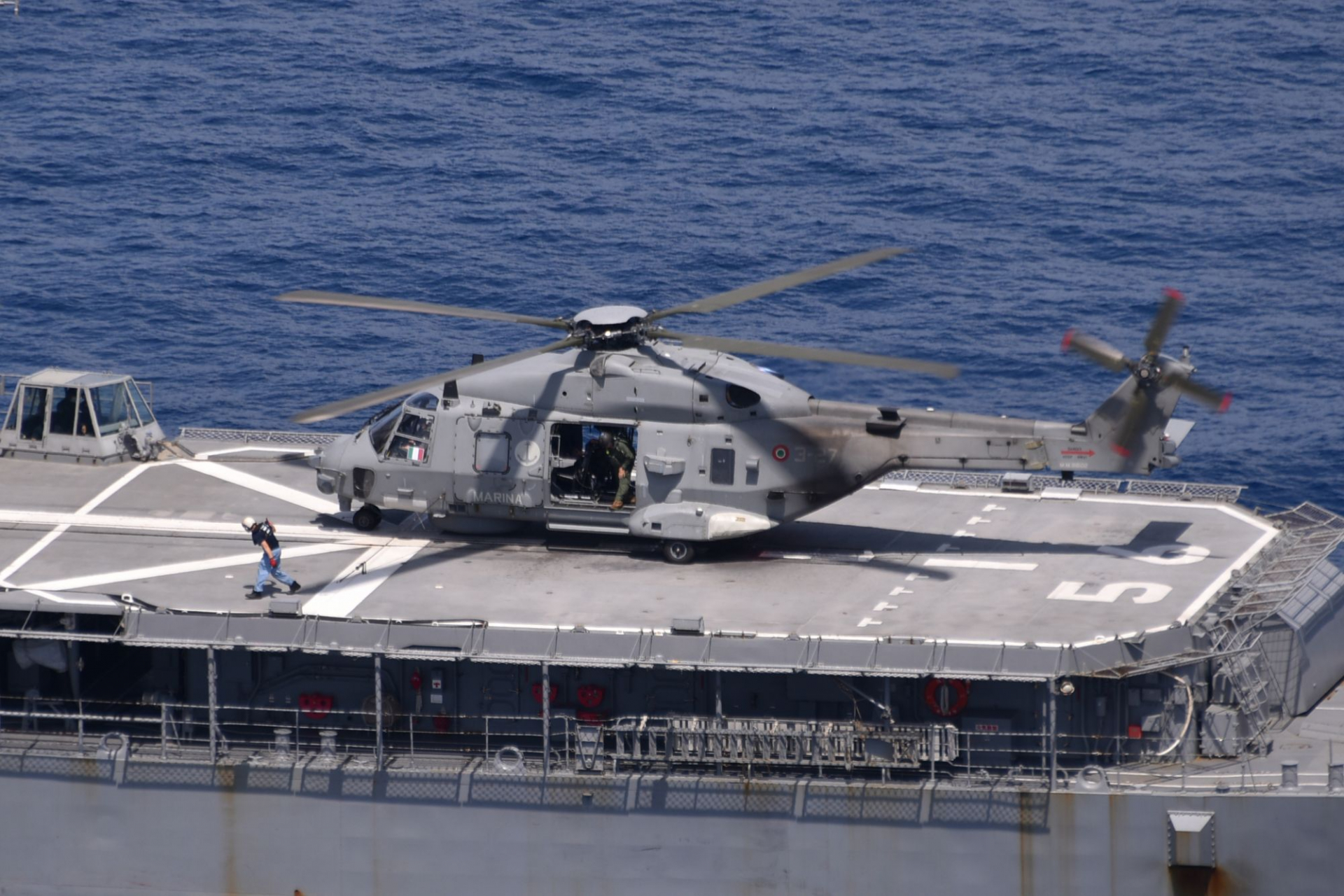Mr. Nishida: It is our honor to interview such a distinguished guest to introduce the EU’s engagement with Japan in the Indo-Pacific. To start, let me ask you about the EU’s presence in Asia. As an EU official in charge of global partnerships, what is the current role of the EU as a security partner in Asia, and what kind of partnership do you envision for the EU and Asia?
Dr. Weston: I’m extremely happy to have this chance to speak to our friends more widely in Japan. It is important to start off this discussion with an understanding of what kind of actor the EU is. A fundamental aspect of the EU, as written in our treaties, is that the Union at its heart seeks to support international peace and security. Multilateralism and the rules-based global international order are fundamental to how we understand ourselves and how we act in the world.
The security and prosperity of the EU is closely linked to the Indo-Pacific region. The portion of the population in the Indo-Pacific region is extremely significant and accounts for approximately 60% of the world’s GDP as well as over a third of the EU’s external trade. What happens there matters to us and has consequences for our security, prosperity, and the overall stability of the global system.
We can see there are political tensions, that military expenditure is increasing, and there are concerns about the lack of an overarching regional security architecture. For the EU, the Indo-Pacific is an area of strategic interest that has a direct effect on our own prosperity and security, and I think this explains why it is much more prominent on the European agenda than in the past.
The EU has a very wide range of tools across the security, defense, diplomatic, and economic dimensions. We also bring together the interests and capabilities of our 27 member states, many of which are very active and present in the Indo-Pacific.
We want to develop our partnerships in the region based on common values and interests. Partners such as Japan share the views of the EU and member states about the importance of the global rules-based international order, preserving open sea lines of communication, and free trade. At the same time, we also seek to work with partners where we may not be entirely likeminded but share common interests.
We are also committed to developing cooperation with those partners who already have Indo-Pacific strategies. Japan was the very first to develop the political concept of ‘Indo-Pacific’ nearly 15 years ago, so you’re a little bit ahead of us. As our leaders at the EU-Japan summit stated in May 2021, the importance of working together to face the challenges in the Indo-Pacific is only increasing, which demonstrates our very powerful commitment to working with likeminded countries in the region such as Japan.



